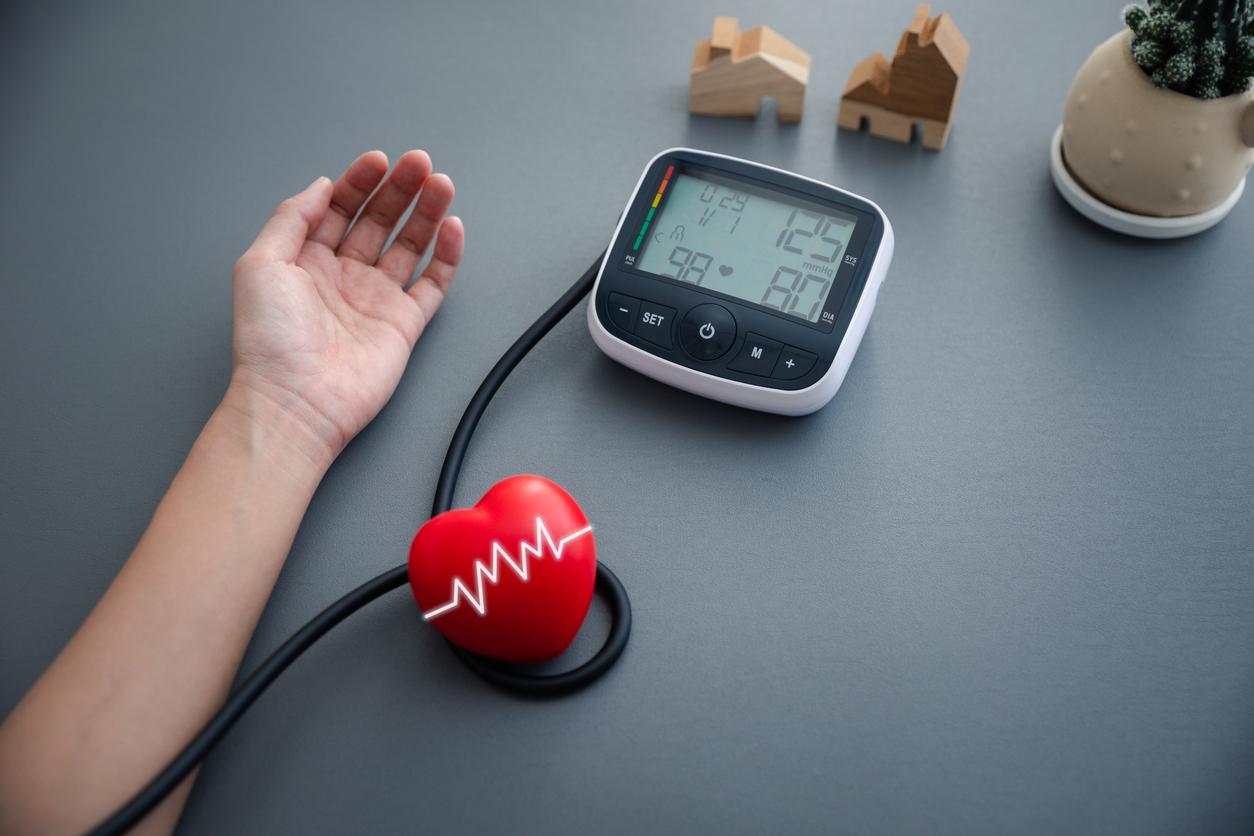Regular snoring is associated with a higher risk of high blood pressure, a new study finds.

- Snoring is associated with an increased risk of high blood pressure.
- This link is particularly strong among overweight middle-aged men.
- Chronic high blood pressure can lead to complications such as heart failure, stroke and kidney disease.
Your snoring may not only be a nuisance to your loved ones, it may also be harming your heart, according to a study conducted by Flinders University and published in the journal Nature Digital Medicine, Regular snoring may be a warning sign of high blood pressure.
Snoring is linked to increased blood pressure
For this study, the researchers used sleep tracking data collected for 9 months by a sensor capable of detecting snoring and sleep apnea, placed under the mattress of 12,000 volunteers. Their blood pressure was also measured.
“We found that 15% of all study participants, who were predominantly overweight men, snored on average for more than 20% of the night and that this regular nighttime snoring was associated with high blood pressure and uncontrolled hypertension.”says Dr Bastien Lechat, lead author of the study, in a communicated.
“We found that among those who snore regularly, the risk of having uncontrolled hypertension was almost double. This risk was again doubled among people who snored regularly and suffered from sleep apnea compared to those who did not snore regularly.”adds his colleague Professor Danny Eckert.

HBP and snoring: further research needed
“It also highlights the need to consider snoring as part of clinical care and management of sleep problems, particularly in the context of hypertension management.”explains Dr. Lechat.
Researchers say further work is needed to determine whether therapeutic interventions aimed at snoring can reduce hypertension and its associated risks.
This heart disorder can in fact lead to serious health problems such as heart failure, stroke, heart disease or kidney disease.

















